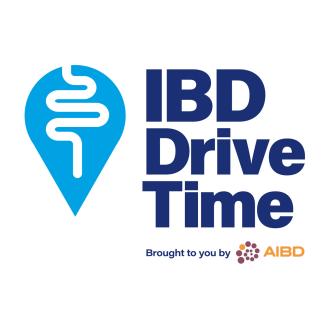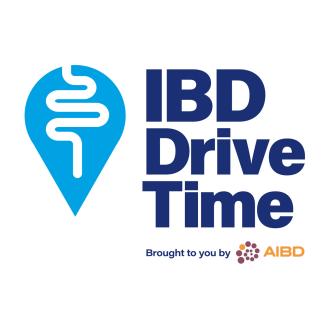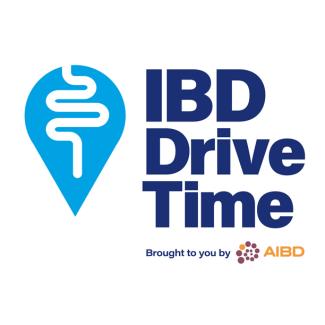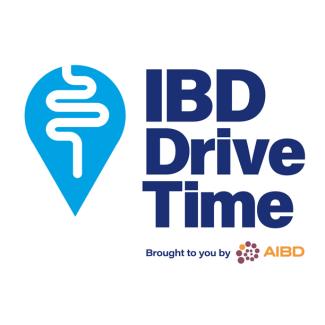Sonia Friedman, MD, on Fertility Among Patients With IBD
Dr Friedman reviews the findings of her PIANO Global Consensus group on whether inflammatory bowel disease may affect fertility among patients and the effectiveness of assisted reproductive methods when needed.
Sonia Friedman, MD, is chief of gastroenterology at Tufts Medical Center in Boston, Massachusetts.
TRANSCRIPT:
Welcome, my name is Sonia Friedman and I'm chief of gastroenterology at Tufts Medical Center in Boston, Massachusetts in the U.S. and I'm very proud to be part of the global consensus for the management of IBD in pregnancy. Today, I'll be talking about fertility in women with inflammatory bowel disease. IBD is often diagnosed during the reproductive years, approximately ages 15 to 35, so it's really essential to understand the effects of inflammatory bowel disease on fertility, pregnancy, and birth outcomes. We had 10 different sections, as you can see on the screen, and I was really proud to research and present the section on fertility in women with IBD. And again, this is especially important because the age of diagnosis around 15 to 35 is the age that many women want to start a family. So they have many concerns regarding fertility, especially in the context of the medications that they're taking—biologics and JAK inhibitors—and surgeries that they may have had.
So there are many factors contributing to reduce fertility in women with IBD. If the IBD is active, if a woman has a flare, that can reduce fertility. If a woman has had pelvic surgery, especially ileal anal J -pouch surgery— what that is a surgery for ulcerative colitis where the colon is removed and the ileum is looped into a pouch and so to the anorectal junction and usually it's in 2 or 3 — that can impair fertility due to scarring of the fallopian tubes. Also other pelvic surgeries such as proctectomy or removal of the rectum and anus can impair fertility due to the same mechanism.
It turns out that women with Crohn's disease actually have lower ovarian reserve and the way you measure this is by looking at antimullerian hormone or AMH, and it's actually lower in some studies in
women with Crohn's disease, especially women with active disease and women with colon disease, older women over 30. And then again, there's reduced fertility in women with IBD who delay childbearing and that goes along with the reduced fertility in the general population as well.
In general, women with IBD mostly have normal fertility. For women with ulcerative colitis who have not had surgery and who have quiescent disease, they have normal fertility. For women with Crohn's disease and quiescent disease who have not had surgery, they have normal fertility. For women who've had surgery and who have active disease, there you have decreased fertility.
So I want to go over some of the GRADE statements. The first one is that we suggest counseling in women with IBD and we suggest counseling women that they may have decreased fertility compared to women without IBD. The level of evidence is very low and the recommendation is conditional and it's actually the categories of women I discussed—women with increased disease activity. Again, we want women in remission 3 to 6 months prior to conception on a stable dose of medications. Also, women with surgery, women contemplating ileal-anal J-pouch surgery, we always have a discussion with regarding decreased fertility.
In terms of GRADE statement 3, in women with ulcerative colitis, we suggest counseling that prior ileal-pouch anal anastomosis is associated with decreased fertility when compared to women with ulcerative colitis who have not had ileal pouch surgery. And this is proven by several studies, and we always do have that conversation with women. But again, women should not delay surgery if they really need it because in vitro fertilization or assisted production works quite well in these women. The level of evidence is very low and the recommendation is conditional.
In GRADE statement 4, in women with IBD, we recommend counseling that active disease increases the risk of infertility as compared to inactive disease. So we as health care providers work closely with our patients to find medications that put patients in remission so they can have normal fertility. The level of evidence here is low and the recommendation is strong.
For GRADE statement 5, we suggest counseling that women with IBD may have comparable effectiveness of assisted reproductive technology when compared to women without IBD as measured by live birth. And what this means is for women who undergo IVF or in vitro fertilization, the outcomes are just as good for women with IBD than women without IBD when you look at live births. The level of evidence here is very low and the recommendation is conditional. But again, we would never prevent a woman from having surgery who needs it because in vitro fertilization in general works quite well and is a really good option for women.
In terms of statement 6, we suggest counseling that women with IBD who have undergone pelvic surgery with IBD have similar effectiveness of in vitro fertilization when compared to women without IBD as measured by live birth. Here, this again is a surgical question. So for women say with the J-pouch or Crohn's disease who need a proctectomy, IVF should work just as well. Again, this is a little bit controversial which is why the level of evidence is very low because some studies do not agree with this and do show that in women with Crohn's who have had surgery, the live birth rate is lower than women in the general population.
So in terms of the consensus statements, women with IBD may have reduced fertility compared to women without IBD due to reduced ovarian reserve and this has been measured in several studies. Again, the authors measured antimullerian hormone or AMH and it was lower in some women with IBD, especially women with Crohn's disease over 30 and colon disease. And this is a question we get asked a lot.
What about oocyte retrieval? What about egg freezing? Well, it turns out that women with IBD may undergo oocyte retrieval without increased risk of a flare. And again, this was a consensus statement. There's not a lot of literature on this subject. Unfortunately, there was inadequate data to vote on whether women with IBD may continue all IBD therapy, except methotrexate, during oocyte retrieval. There's just not enough data.
So in summary, fertility in women with Crohn's disease and ulcerative colitis is good, is equivalent to the normal population, as long as the patient is in remission and has not had surgery. And again, the health care provider should work with the patient to keep the patient in remission for 3 to 6 months prior to conception. Thank you.




















